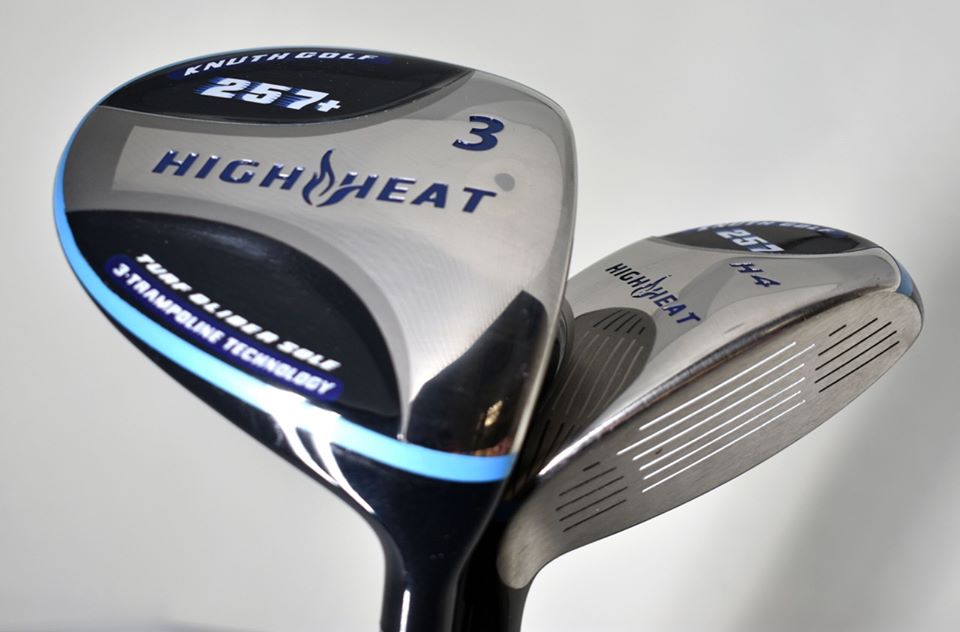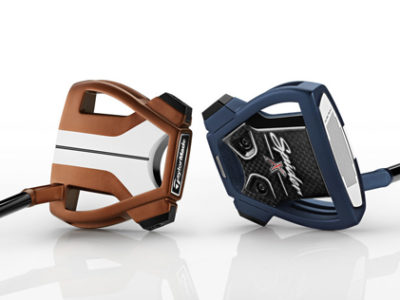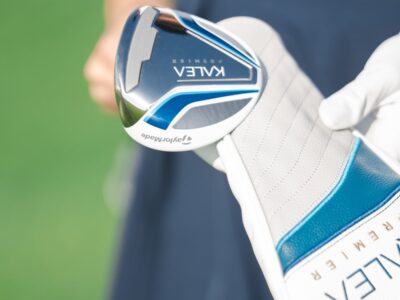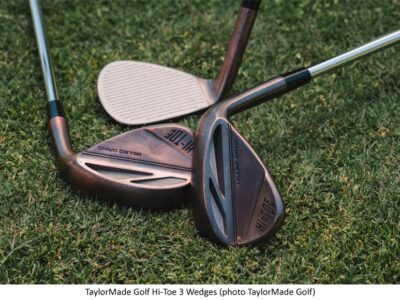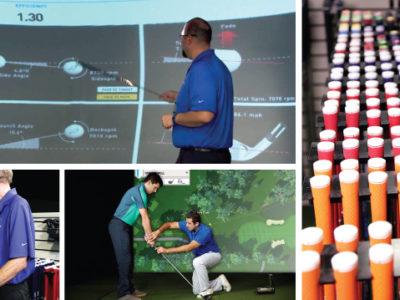“The most significant new technology for amateurs in the past 25 years”
By Ed Travis
Knuth Golf started with the simple idea of making high quality golf clubs optimized for amateur players, not professionals – the benchmark often used by other companies for their designs.
The first High Heat brand metalwoods and hybrids were well received – yet when the USGA increased the allowable amount of rebound for areas of the face outside the center, founders Dean Knuth and Steve Trattner saw an opportunity. Knuth is the retired USGA Director of Handicapping and inventor of the Course Rating and Slope System while Trattner is a former USGA intellectual property attorney.
Knuth invented what is called 3-Trampoline Technology, a construction giving the clubface higher rebound towards the heel and toe than in the center – all perfectly legal and within the Rules of Golf. These 257+ metalwoods — drivers, fairways and hybrids – are a real help to amateurs, many of whom tend to hit the ball towards the toe or the heel. They get more distance plus better control. 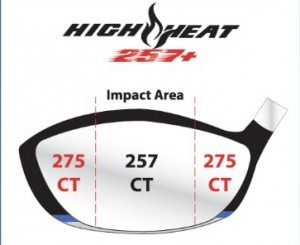
High Heat 257+ metalwoods are the only clubs with three rebound zones and Knuth is the only brand that has this capability. Tony Leodora, NBC Sports TV and ESPN Radio called it “the most significant new technology for amateurs in the past 25 years.”
Lots of amateurs, especially higher handicap players, have downswings even with their woods that are too steep, and this vertical angle of attack can cause large divots. Some call this “digging” or hitting it fat, but whatever the word it is a shot destroyer. Knuth knew if he could come up with a design that didn’t “dig”, golfers could do away with fat shots which would be a winner.
The solution he came up with is the Turf Glider Sole (TGS) which is now built in to all the High Heat 257+ fairway woods and hybrids and it’s a tremendous confidence booster. Combined with the head’s low center of gravity the ball gets up and out of most any lie including fairway bunkers.
We took the High Head 257+ 3-wood ($399) and 3-hybrid ($299) to the range and then the course with interesting results and our comments apply to both unless noted otherwise.
Fairway bunkers: tried only the hybrid from the sand. The ball came out with no adjustment to the swing other than using less lower body to guard against slipping
Fairway: High and solid with the expected distance
Rough: Impressed with how both clubs got the ball out with minimum of twisting the club at impact. Tried the hybrid from 3-inch high Bermuda which here in Florida is usually unplayable. Six swings, each reached the fairway and one measured at more than 180-yards.
Fairway divot: Divots on the range were used varying in depth from shallow to almost an inch deep and shots were hit from the center to the rear of the divot. Both clubs performed extremely well and while the hybrid getting the ball up and away was not surprising the 3-wood did exactly the same. There was a definite feeling of the sole skimming through the depression.
The TGS is truly a different configuration with a rounded leading edge of the sole merging to a high rounded center section that tapers sharply to a thin rear edge. Best of all it works and even though my particular swing fault is not “digging,” the results of shots hit from the rough and fairway divots in my evaluation give the High Head 257+ 3-wood and 3-hybrid all the credibility they need.
To order and for further details go to HighHeatGolf.com.
When ordering High Heat 257+ clubs select ‘OHIO GOLF JOURNAL’ during checkout when asked “How did you hear about us” and you will receive a 25% savings. You will also receive free shipping for this order if you request to receive monthly newsletter before placing your order.

